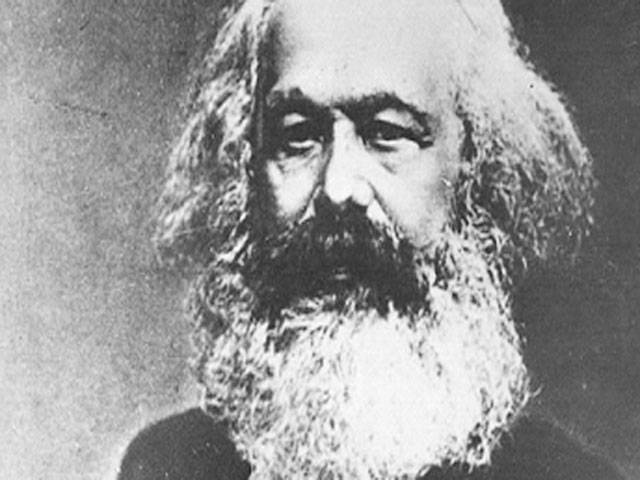“Finally, there came a time when everything that men had considered as inalienable became an object of exchange, of traffic and
could be alienated. This is the time when the very things which till then had been communicated, but never exchanged; given, but
never sold; acquired, but never bought – virtue, love, conviction, knowledge, conscience, etc. – when everything, in short, passed into commerce. It is the time of general corruption, of universal venality, or, to speak in terms of political economy, the time when
everything, moral or physical, having become a marketable value, is brought to the market to be assessed at its truest value.”
–Karl Marx, The Poverty of Philosophy(1847).
For Marx, the history of mankind had a double aspect: It was a history of increasing control of man over nature at the same time as it was a history of the increasing alienation of man. Alienation may be described as a condition in which men are dominated by forces of their own creation, which confront them as alien powers. The notion is central to all of Marx’s earlier philosophical writings and still informs his later work, although no longer as a philosophical issue but as a social phenomenon. To Marx, all major institutional spheres in capitalist society, such as religion, the state, and political economy, were marked by a condition of alienation. Moreover, these various aspects of alienation were interdependent.
The state is the intermediary between men and human liberty. Alienation hence confronts man in the whole world of institutions in which he is enmeshed.






